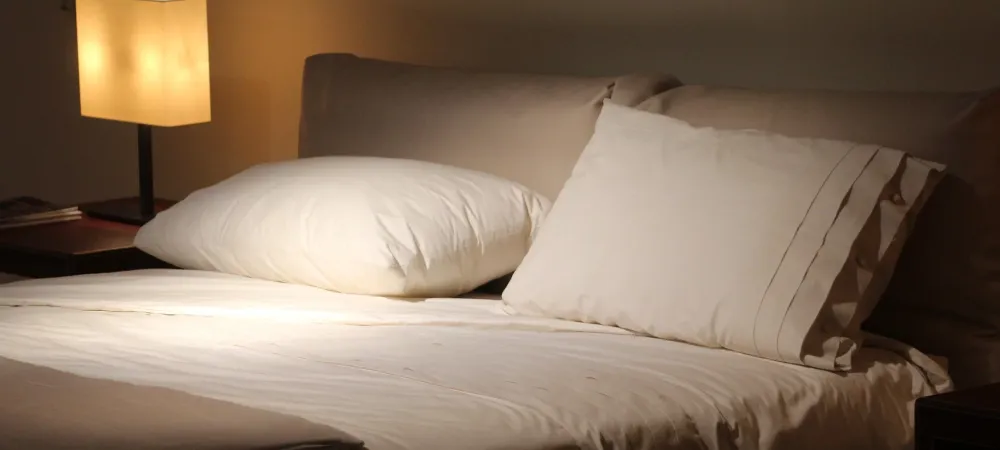Growing Bed Bug Problems In Retirement Homes

Many residents are embarrassed to tell anyone when they notice evidence of bed bugs because they mistakenly believe bed bugs are a sign of unsanitary conditions, so bed bugs quickly travel and breed until the entire retirement complex is infested.
Neglect in Retirement Homes
Unfortunately, neglect in retirement homes is a common problem throughout the United States. Much of the abuse and neglect goes unreported, so it is difficult to obtain exact statistics, but the Center for Disease Control estimates that one in ten elderly adults are victimized in retirement homes annually. Most of the abuse and neglect is in the form of bed sores, preventable falls, and financial exploitation, but the neglect of property can also harm the residents of a retirement home if bed bugs are given free reign without bed bug control measures to put a stop to their breeding.
Why Bed Bug Detection is Difficult in Retirement Homes
Bed bugs can be introduced into nursing homes and assisted living facilities through visitors, medical staff visiting from other facilities, social workers, and housekeeping staff. The bugs simply hitchhike their way in on luggage or clothing. Once inside, the reduced mobility of many of the retirement home residents provide ample feeding ground for bed bugs that prefer to live close to their food source, and they will quickly reproduce. It can be difficult to distinguish bed bug bites on patients, even in homes where the patient care is top notch because many residents already have skin rashes, ulcers, skin discoloration or abrasions on their body. And, a large percentage of elderly residents may not even react to bed bug bites because of compromised immune systems.
Early Detection and Bed Bug Control
When bed bugs are detected in a retirement home, the normal course of treatment is to relocate residents to other areas while their rooms and areas are treated for bed bugs. The disruption to their routine is stressful to the residents and damaging to the retirement home's reputation. To manage costs, early detection and prevention measures are far more effective for retirement homes in their quest to control bed bugs.
Tips to Prevent Bed Bug Infestations in Retirement Homes
- The following steps can help prevent bed bugs in retirement homes:
- Staff should be trained to recognize signs of bed bug infestation and inspect patients and bedding daily.
- Bed bug monitoring devices should be installed throughout the facility and inspected regularly.
- Mattresses and box springs should use bed bug encasements.
- Seek professional bed bug control at the first signs of infestation to prevent spreading.
Witt Pest Management is experienced in bed bug control, prevention and treatment. If you want to be proactive with your retirement home bed bug control, or already have an infestation – give us a call to help you keep your retirement home bed bug-free.
